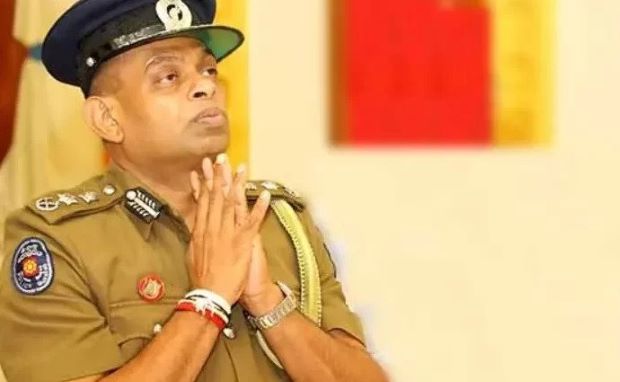Supreme Court issues interim order on appointment of Sri Lanka’s police chief
COLOMBO — Sri Lanka’s Supreme Court on Wednesday (24) issued an interim order preventing Deshabandu Tennakoon from serving as Inspector General of Police (IGP), upon granting leave to proceed with nine fundamental rights petitions filed against Tennakoon’s appointment as IGP.
The court also ordered President Ranil Wickremesinghe to name a suitable person for the post of Acting IGP during the period the interim order is in effect.
Centre for Policy Alternatives (CPA) and Cardinal Malcolm Ranjith were among the many petitioners challenging the constitutionality of Tennakoon’s appointment. They also sought an interim order restraining Tennakoon from discharging the duties and functioning in the office of IGP.
The Court concluded considering the FR petitions on July 18 and announced its decision to take the case for hearing on Wednesday.
CPA said in its petition that Article 41C of the 1978 Constitution of Sri Lanka provides that the appointment of an IGP by the President cannot occur without approval from the Constitutional Council of Sri Lanka and that according to Article 41E, approval should have at least five votes in favour.
It also noted that the Leader of the Opposition, who is a member of the Council, had alleged that the Council did not approve the appointment of the IGP with the minimum five votes, deeming the appointment of the IGP is thus unconstitutional.
CPA in its petition said that Tennakoon was manifestly unsuitable for the role of IGP as the Supreme Court, in a fundamental rights case, found him to have engaged in torture.
“Essentially, his appointment as IGP will infringe Article 12(1) of the Constitution as it is arbitrary, grossly unreasonable and against the public trust,” CPA said.
President Ranil Wickremesinghe appointed Tennakoon as Sri Lanka’s 36th IGP on February 26 after the Constitutional Council (CC) cleared the official who along with three other police officers were asked by the Supreme Court to compensate 2 million rupees in a fundamental rights case last year.
The Supreme Court on December 14 ordered Tennakoon, who was then the Acting IGP, and three other officials to pay a compensation of 500,000 rupees each for the violation of the fundamental rights of an individual. The Court also instructed the Police Commission to take disciplinary action against the police officers including Tennakoon.
-economynext.com



Comments are closed, but trackbacks and pingbacks are open.